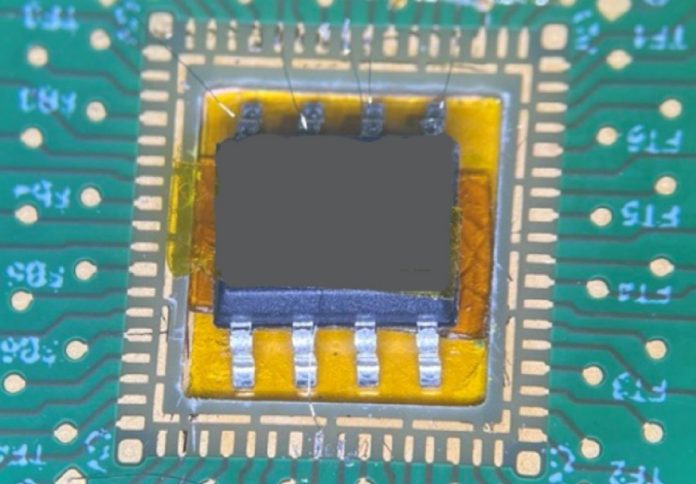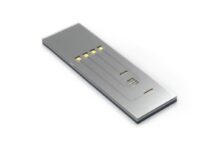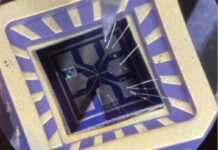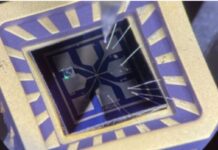
Archer Materials has demonstrated the functionality of its tunnel magnetoresistance (TMR) sensor technology at cryogenic temperatures, confirming its ability to perform sensitive magnetic field measurements in low-temperature environments.
The company said the development marks a significant step in its ongoing work in quantum computing and advanced sensing applications.
The TMR sensors, developed as part of Archer’s 12CQ quantum project, were fabricated by the company’s foundry partner and integrated into a cryogenic-compatible test system using Archer’s in-house quantum, semiconductor, and cryogenics engineering expertise.
The sensors are being designed to deliver high bandwidth, low power consumption, and high sensitivity, making them a potential replacement for traditional sensing technologies in demanding environments.
Archer said the development supports magnetic noise characterisation and quantum readout in cryogenic settings, contributing to its broader goal of enabling advanced quantum hardware.
The TMR sensors may also be suited to a range of quantum computing platforms, including superconducting, spin-based, and hybrid systems, potentially offering a platform-agnostic solution.
According to the company, magnetic field fluctuations are a major challenge in quantum computing, often degrading qubit performance.
The TMR sensors could play a role in monitoring and cancelling magnetic noise, potentially enhancing coherence times and system stability.
“The achievement of this milestone confirms that our TMR sensor technology can operate in the extreme conditions needed for quantum applications,” said Archer CEO Simon Ruffell. “It is a major enabler for integrating advanced capabilities into cryogenic systems for applications like magnetic noise cancelling for quantum computing or sensing conditions like those in space.”
Archer said the technology opens up commercial opportunities in quantum computing, advanced sensing, and cryogenics. The company said it is engaging with potential partners and customers to explore bespoke applications for the TMR sensors.
Beyond quantum computing, the ability of TMR sensors to function at cryogenic temperatures positions them for potential use in fields such as aerospace, space exploration, and cryogenics research.
Archer said the breakthrough lays the groundwork for developing cryogenic-compatible semiconductor platforms to support critical diagnostics and stabilisation processes in emerging quantum technologies.

















